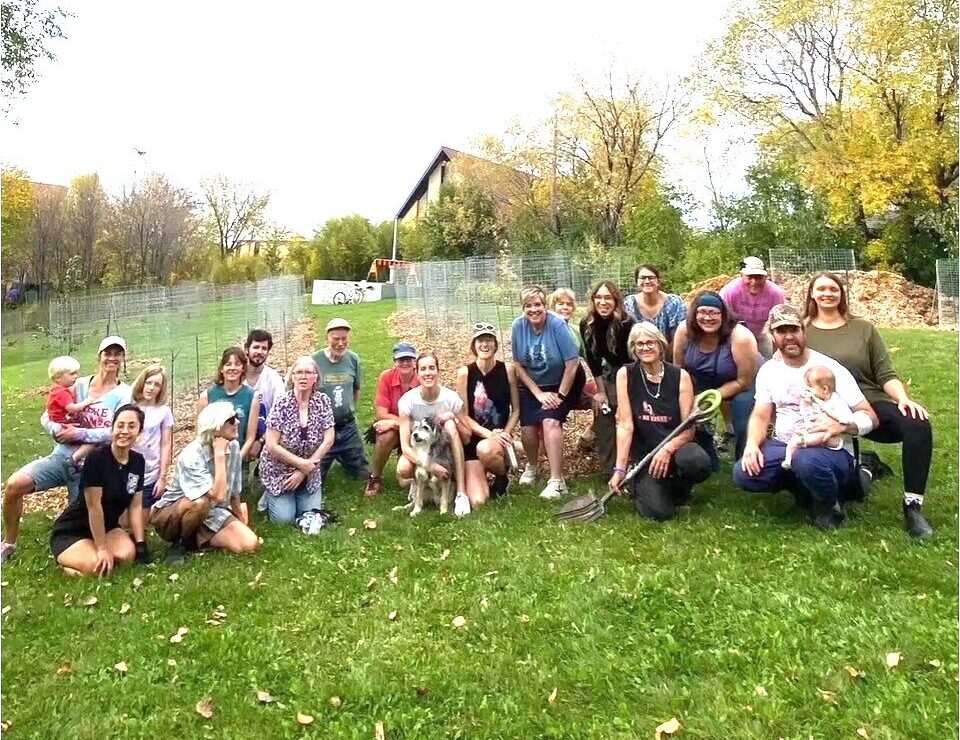Pablito Agasino, Manitoba Housing’s Executive Director of Portfolio Management, says that Manitoba Housing is now in a position to begin signing new rent geared to income (RGI) and non-profit housing agreements.
Over the past ten years, there have been worries among non-profit housing groups and providers regarding the end of operating agreements between nonprofits and Manitoba Housing. Data from the Manitoba Non-Profit Housing Association (MNPHA) showed that between 2015 and 2030, 255 Non-profit Operating Agreements were coming to an end.
The result of an operating agreement ending is a potential increase in rent or the sale of a property to a private owner.
This was the case for Lions Place on 610 Portage Ave. which was purchased by Calgary-based Mainstreet Equity Corporation in 2023. While Mainstreet has said they are committed to not raising rents, the building no longer has the legal protections from rent increases it once had.
Westminster Housing Coop, on Maryland Street began contacting provincial and federal representatives more than five years ago with concerns regarding the end of their agreement this year. They hoped to be able to prevent the loss of their agreement, and to highlight the importance of the agreement to their residents.
Board President Chandra Mayor says that while there were more concerns during the previous government, new leadership in the Manitoba legislature has granted her confidence that their agreement will be renewed.
“As a community, we have been concerned, but now I am not concerned,” Mayor says. “Housing is quietly carrying on.”
Cheryl Krostewitz, Director of Programs at MNPHA, says that most of these agreements were signed 30 to 35 years ago by the federal Canadian Mortgage and Housing Corporation (CMHC). In these agreements, the CMHC took on the mortgage for the construction of housing, allowing non-profits to keep properties affordable largely through a rent-geared-to-income structure.
Since these initial agreements, responsibility for mortgages has been downloaded onto provincial governments.
Now, mortgages from the initial CMHC program are paid off and responsibility for maintaining units is largely being pushed to the non-profits.
Krostewitz says the issue here is that many non-profits do not have the capital reserve to pay for much needed renovation for these 30+ year old buildings.
In order to remediate this situation, the Manitoba government, along with the federal National Housing Strategy, created a new funding model in March, 2024 to subsidize non-profit housing ensuring rents stay low, buildings get necessary renovations and providers have the capital to address strategic needs.
Krostewitz says that this new agreement was made in consultation with housing stakeholders incorporating wrap-around support for those in need, particularly individuals experiencing homelessness who may need services such as addiction treatments, education and employment assistance and connections to support services.
Krostewitz says that for MNPHA, supporting non-profit housing often requires interacting with a “patchwork” of programs and that this new housing model’s greater accessibility, through an online portal, is valuable.
Agasino says that Manitoba Housing has been understaffed for the past couple of months leading to a backlog of agreement renewals. But, now that staffing is up, Agasino says that agreements will be signed as soon as possible.
“We are not going to end the program,” Agasino says.
While the federal and provincial governments have indicated their prioritization of affordable housing, the outcome of a 2025 election may risk the current state of relative housing stability. Conservative leader Pierre Pollievre has been critical of the bureaucracy of federal housing funds.
However, Krostewitz said organizations like MNPHA continue to work hard to address changes in programming and help non-profits access services and funding to respond to tenants’ needs.
“We are always responding to see what fits,” Krostewitz says.
SHARE THIS ARTICLE

